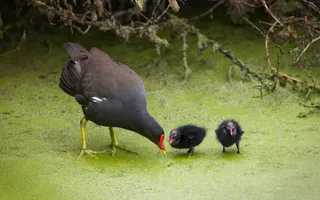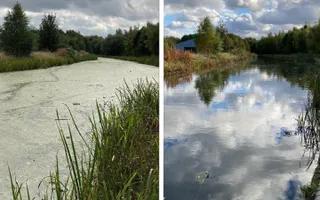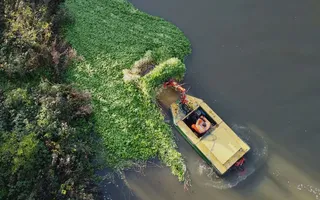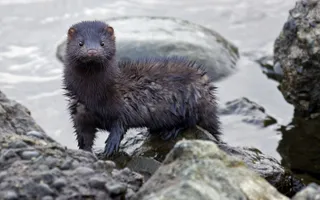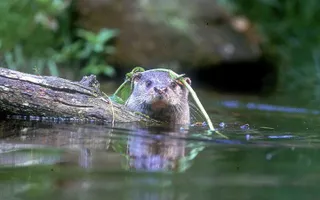Why was the INNS eradication project necessary?
Invasive non-native species are one of the largest global threats to biodiversity, and our canals and rivers.
Japanese knotweed, giant hogweed, floating pennywort and water fern (Azolla) can grow at rapid speed, often from the most minuscule of fragments. This makes them costly and challenging to remove completely. Without regular and effective management, their dominating presence could cause irreversible damage to the fragile ecosystems of our waterways.
Funded by Severn Trent's Great Big Nature Boost Scheme, this four-year project enabled us to trial ground-breaking methods of eradication to find more sustainable, cost-effective and longer-lasting solutions.
What did the project involve?
Throughout the four years, our team implemented key phases from contractor surveying through to the deployment of new eradication techniques, as well as regular monitoring and evaluation processes.
We were able to attempt first-of-a-kind trials, including an eco-friendly dredging, hessian matting and hydroseeding process on Himalayan balsam found at the Penarth Feeder, which reduced the need for further treatment by 90%.
After many years of research alongside CABI, we were able to use weevils to help eradicate floating pennywort and water fern. These plant-munchers effectively reduced vast quantities in a matter of weeks, offering a natural alternative to chemical sprays.
Vital research conducted on the impacts of water and sediment quality on the presence of algae and invasive macrophytes (aquatic plants) will also enable us to shape future biocontrol strategies effectively.


